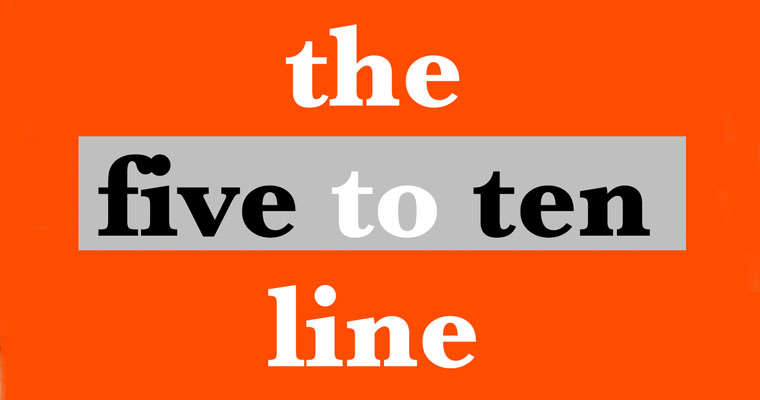Students Make Art with Language in Ten Lines or Less
In its second year, “The Five to Ten Line Poetry Contest,” hosted by the UMass Boston Creative Writing Program, encouraged undergraduate students from all majors to channel their experiences living through a pandemic into their writing. What the program received was a collection of five-to-ten-line poetry that captured the mixed emotions of grief, isolation, love, and loss that 2020 brought to the forefront.

“ Art can help us grieve. Art can make us laugh. While art cannot heal all of our troubles, art can help us heal. ”
Director of the Undergraduate Creative Writing Program John Fulton said this year’s poems were marked by the lockdown and the “general turmoil we’ve all been through.”
“Of course, it could be that I’m just reading them that way, given that, like so many others, I’ve been homebound and searching headlines for any signs on the horizon that things will get better,” he said. “But I don’t think any reader could miss the images of grief, absence, and confinement in these beautiful, short works.”
On a celebratory Zoom call to recognize the finalists and announce the winners, Fulton thanked and applauded every student for contributing their work and “taking the time to make art with language.” Students had the opportunity to read their own poems aloud with introductions from the panel of judges, current MFA Creative Writing students.
In runner-up Autumn Nutile’s poem, “Bitter Grief,” the speaker of the poem dreams someone back to life only to find this person gone again in waking life, Fulton said. In Shelby Hill’s poem, “Cardinal 2,” which received an honorable mention, the speaker spies a cardinal on a branch outside only to look away for a moment and then find the bird gone.
“The final thought of the speaker reverberates with loss: ‘I think I would rather die/than look at those empty branches again,’” he said.
English major Rose Flaherty took the top prize of the contest and received $100 for her poem titled “Grandpa is Emaciated and Only Eats Bananas,” in which a family removes the lock from the bathroom to keep a confused grandparent from locking himself in.
“As a result, the speaker can’t use the bathroom without him walking in on her: ‘Guess privacy is the price to pay/so grandpa won’t die in the bathroom,’” Fulton said.
“These poems look outside windows for hope and speak of rooms that either dangerously confine us or won’t give us the liberty of privacy. The poems dream of lost worlds that won’t come back. That’s not an easy vision,” Fulton said. “But I think it’s, at least in part, the world we’re in now. And I’m thankful that these poets have allowed us to look at it together.”
MFA Creative Writing student and contest judge Jake Phillips said as a poet, he doesn’t support the notion that artists must suffer for their art but believes art can help us “respond, process, support one another, and lift marginalized voices.”
“Art can help us grieve. Art can make us laugh. While art cannot heal all of our troubles, art can help us heal,” he said.
Rose Flaherty’s Winning Poem: “Grandpa is Emaciated and Only Eats Bananas”
He doesn’t know any better
always locks the door from the inside,
We have to use a screw to save him
put it right in that small hole on the doorknob,
Mom taped up the push in the lock
so now he can’t keep it closed,
Except now when I pee
he just walks right in,
Guess privacy is the price to pay
so grandpa won’t die in the bathroom.
The Five-to-Ten-Line Poetry Contest Finalists:
Winner: Rose Flaherty, “Grandpa is Emaciated and Only Eats Bananas”
Runner-Up: Hannah Ortiz, “Casting yourself as the villain in every movie”
Runner-Up: Autumn Nutile, “Bitter Grief”
Honorable Mention: Shelby Hill, “Cardinal 2”
